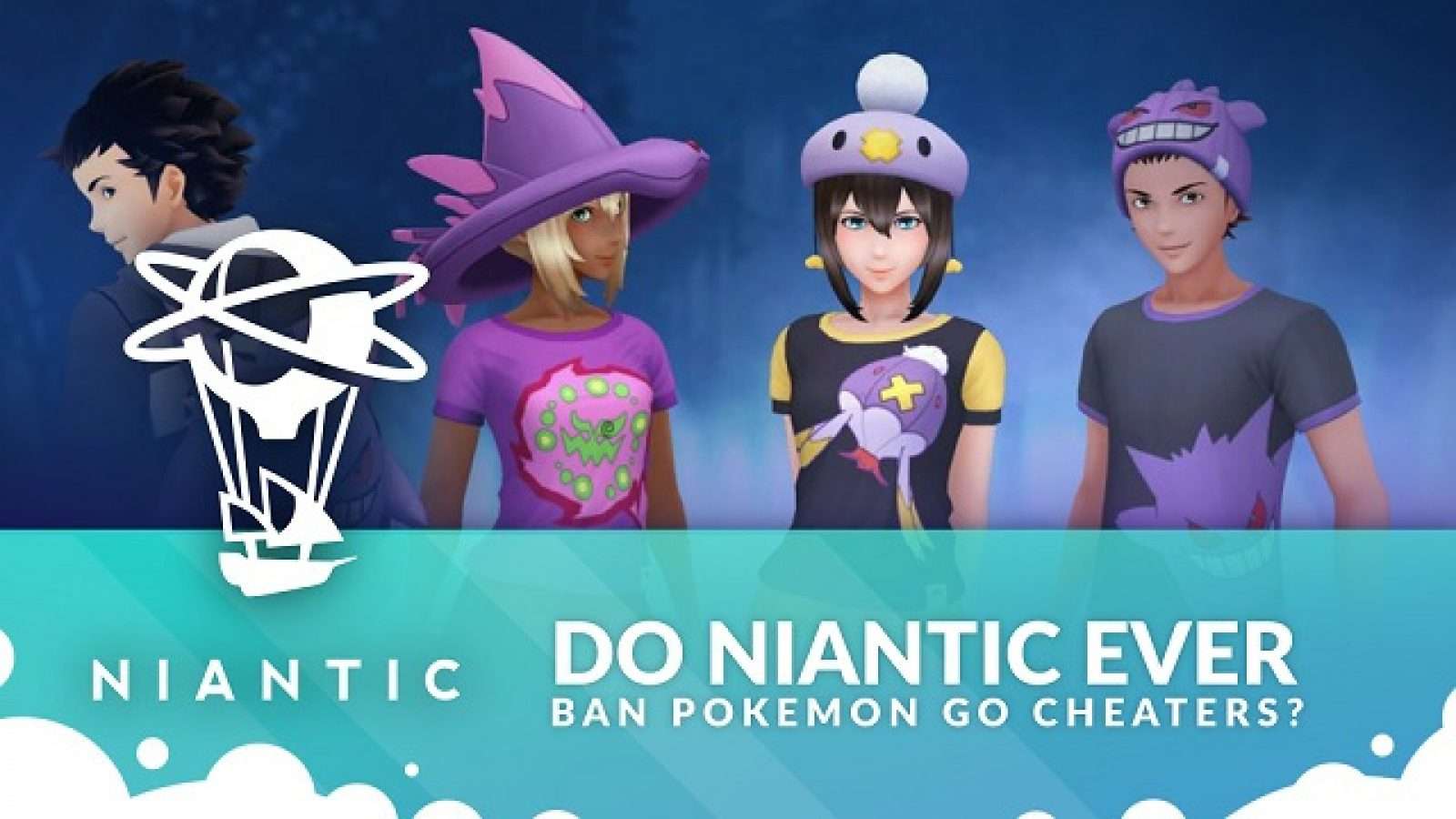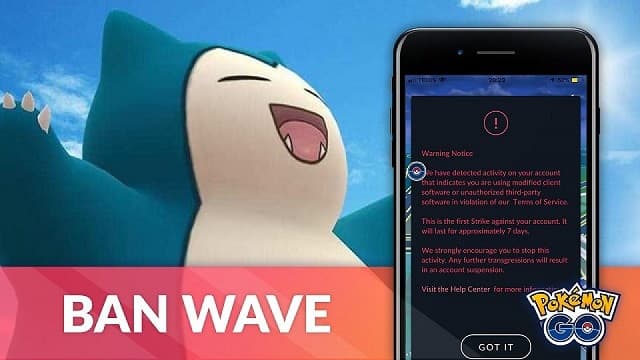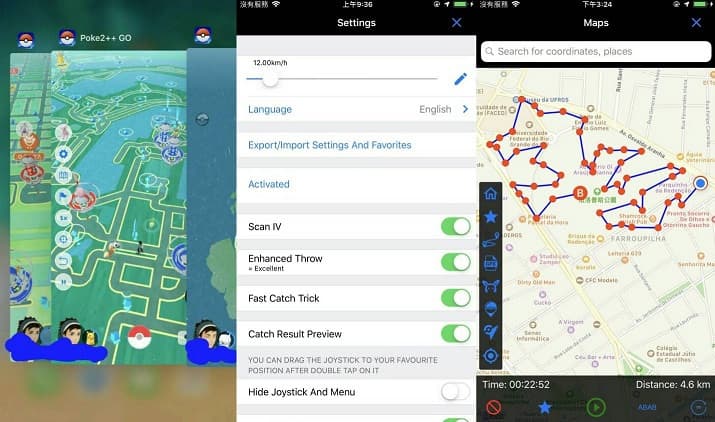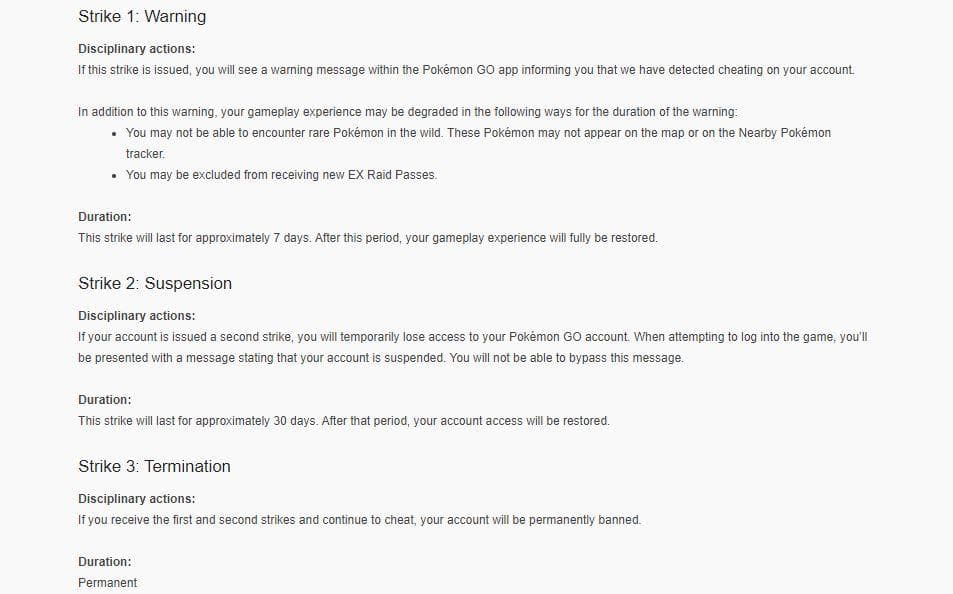Niantic update ban policy targeting Pokemon Go spoofers

Niantic have issued an update on their cheating policy for all of their games – including Pokemon Go, Harry Potter Wizards Unite and Ingress.
The most notable change in the update is the improved detection of spoofing software. “We’ve improved detection of rooted and jailbroken devices to curb bad actors from sideloading cheating apps or modified versions of our apps. As a reminder, our games will fail to run on devices that have compromised root access,” the Niantic website states.
Such software has become increasingly popular and obviously gives player that use it a clear advantage when playing Pokemon Go. The ease of which you can find this software is surprisingly easy but it looks like Niantic were all too aware of this and have at least somewhat taken action against it.
 Niantic have been upping the ante against Pokemon Go cheaters…
Niantic have been upping the ante against Pokemon Go cheaters…If you’re on those Pokemon Go spoofers then the bad news keeps coming as Niantic confirmed they taken some form of action against those using cheating apps on any of their games. “We’ve identified and initiated action against more than 500K accounts who were found to be using cheating apps in Pokemon GO and Harry Potter: Wizards Unite.”
[ad name=”article3″]
What is spoofing?
The most common form of Pokemon Go cheating is spoofing. It involves manipulating your phone’s GPS signal so that you can go anywhere in the world.
This means you can go anywhere on a whim without actually being there. The advantages are obvious and results in access to any gym, raid battle and if using an IV-checker access to the best Pokemon with little to no effort at all.
There are other forms of cheating such as auto-IV checkers and multi-accounting, but spoofing is the easiest to do and is the most frequently used.
 Pokemon Go spoofing screenshot…
Pokemon Go spoofing screenshot…Niantic terms of service
Niantic detail their policy on cheating in section three of their terms of service. Specifically Niantic list cheating as, but not limited to, the following:
- Accessing Services in an unauthorized manner (including using modified or unofficial third party software);
- Playing with multiple accounts for the same Service;
- Sharing accounts;
- Using any techniques to alter or falsify a device’s location (for example through GPS spoofing); and/or
- Selling or trading accounts.
Interestingly, the word “banned” is only referred to against Ingress accounts. That begs the question, do Niantic actually ban Pokemon Go cheaters?
[ad name=”article5″]
Do cheaters get banned?
According to Niantic, yes.
Although it is difficult to find, there is a three-strike policy buried in the Niantic help section, and in the most recent update. The full details of this policy can be found in the image below, but the short version is strike 1 results in a warning, strike 2 is a temporary ban and strike 3 would be a permanent ban.
 Full details of the three-strike policy regarding Pokemon Go cheating…
Full details of the three-strike policy regarding Pokemon Go cheating…While this is the official policy, many rightly question whether it’s implemented properly.
It seems all Pokemon Go trainers know someone, or a group of trainers, that frequently cheat in some form. The vast majority receive no action against them.
Conspiracy theorists believe that Niantic purposely ignore the cheaters for two reasons. Firstly, spoofers are among the most hardcore Pokemon Go trainers and therefore spend more real money on the game. Secondly, the Pokemon company want as many players playing as possible at all times.
Anecdotal evidence suggests players do get banned, albeit on a more temporary basis.
With that said, despite the recent push back against it, cheating is likely to be a part of Pokemon Go for the life of the game. If you are a spoofer, you may well get away with it. If not, and cheating annoys you, try to ignore and play the game with your own targets in mind, separating yourself from the cheating side.


